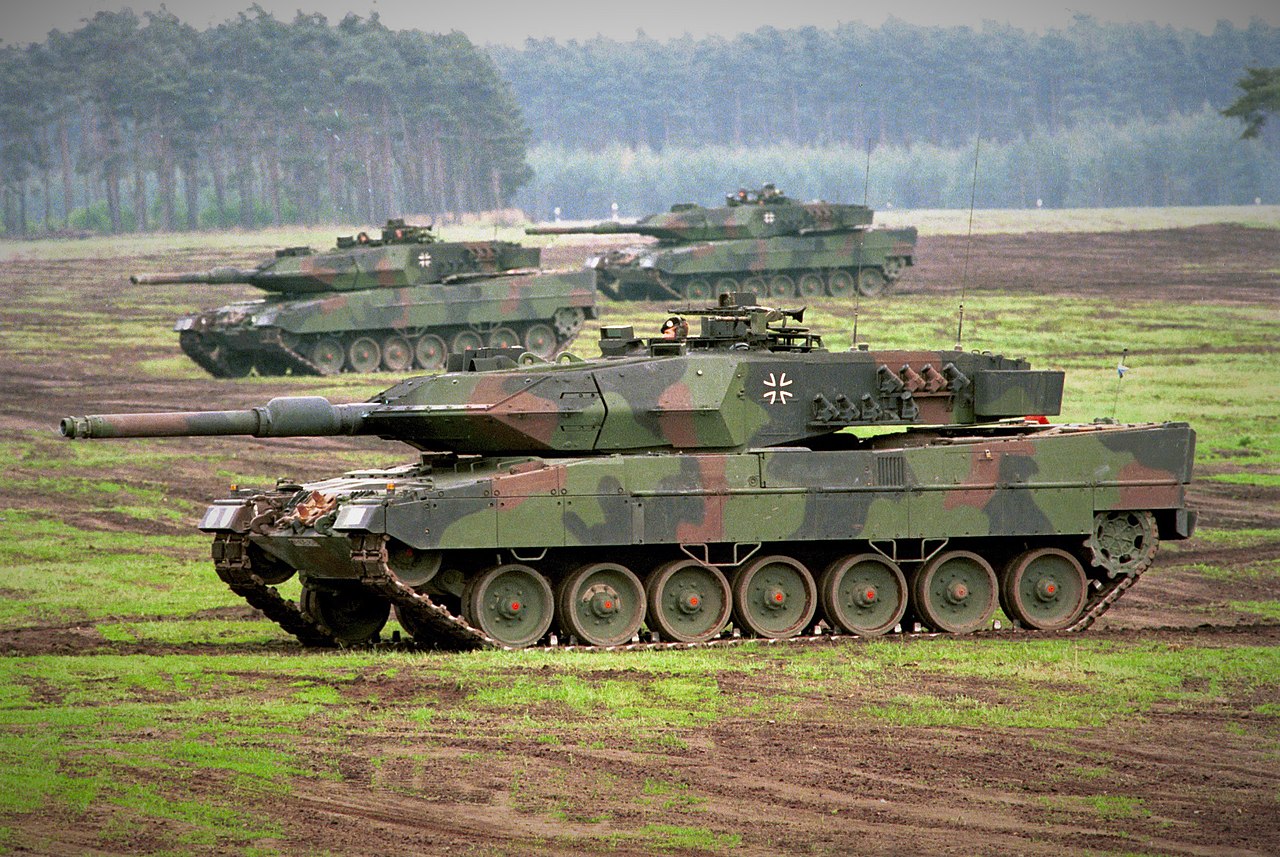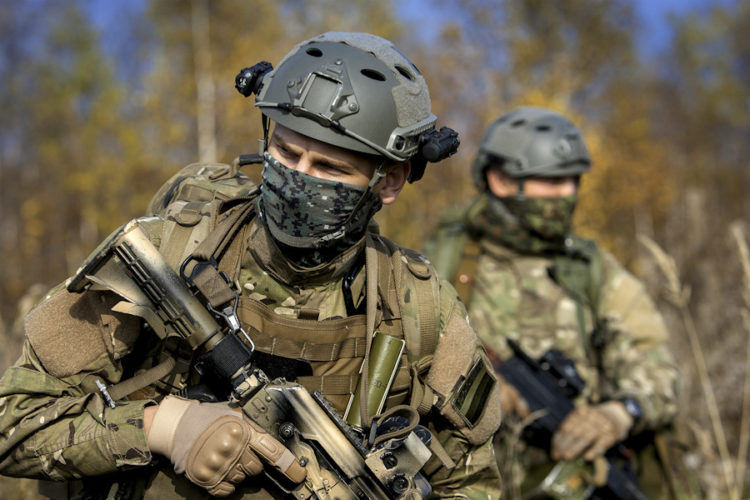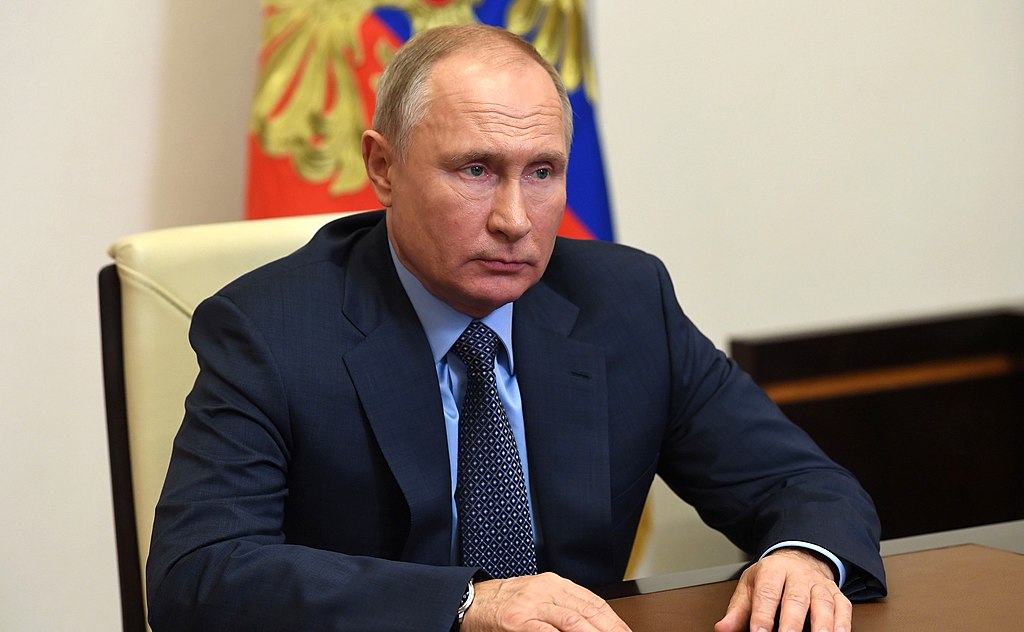‘Grinding advance’
Russia’s current operations in the region of Bakhmut in Donbas are not making rapid progress, but constitute the sort of grinding advance that in many ways better suits the Russian army.
The types of problems with the “command and control” of Russian troops at the beginning of the war have been reduced for operations of more limited scope. Typically less experienced and lacking extensive training, Russian reservists are better suited to the more limited and methodical operations of today.
Russian forces also have considerable experience fighting the sort of artillery-heavy war now being fought.
Russian forces attempted to rush the Chechen capital of Grozny back in late 1994 in a manner not dissimilar to the attack on Kyiv in 2022. In the light of that failure, they adopted the sort of tried-and-tested, artillery-centred approach honed during the Second World War to reduce the city before capturing it. That approach was applied to Mariupol.
As an historian of the Russian and Soviet military, I am well aware of what might be regarded as a Russian cultural disposition towards rash initial offensive operations that make way to a more methodical and measured follow-up. In addition to the case of the seizure of Grozny during the Chechen wars, the Soviet Union’s great Patriotic War is littered with examples of this phenomenon.
This has often been accompanied by a psychological doubling-down and a deeper commitment to the task in hand. There are plenty of signs that this has been the situation for the Russian army since the fall.
Distrust of the West and NATO
Despite Russian losses and setbacks, public opinion polls suggest Russia’s population still supports the war effort in Ukraine. That support is crucial for the army fighting in Ukraine.
Western support of Ukrainian efforts to recapture all territory lost since 2014 is the sort of no-compromise stance that feeds acceptance of the Russian government’s argument that the West has been out to get Russia for some time, and that NATO’s expansion to Russia’s borders is part of a process that justifies Russia drawing a line in the sand.
Many Russians consider Crimea a core part of Russia, and western support for Ukraine’s attempts to recapture it is a particular affront.
Both sides will suffer shortages in manpower and material as the war drags on. Russia has large reserves, along with a handful of overt allies like Iran and North Korea — whereas Ukraine is backed by the weight of the NATO alliance.
Long war is likely

Both sides therefore have the capacity to keep fighting for the foreseeable future. More western equipment, including some of the latest western tanks and other armoured vehicles, will undoubtedly strengthen the Ukrainian military in the short term. But more vehicle types complicate training, maintenance and supply issues.
If Germany eventually supplies Ukraine with tanks, it will represent a considerable propaganda victory for Putin. Parallels are already being drawn in the Russian media between the German invasion of the Soviet Union in June 1941 and the prospect of German tanks on the battlefield in Ukraine today.
If the war continues along its current trajectory, neither side is likely to gain a decisive advantage. One side or the other may gain temporary advantage as they escalate and counter-escalate, but any advantage for either Russia or Ukraine is unlikely to be sustained.
Sadly, in the absence of any negotiations — and certainly meaningful talks in which both sides will have to give as well as take — the bloodshed is likely to continue for some time yet.
***
This piece is written by Alexander Hill, Professor of Military History from the University of Calgary. Want to feature your story? Send your draft here today.
![]()











COMMENTS